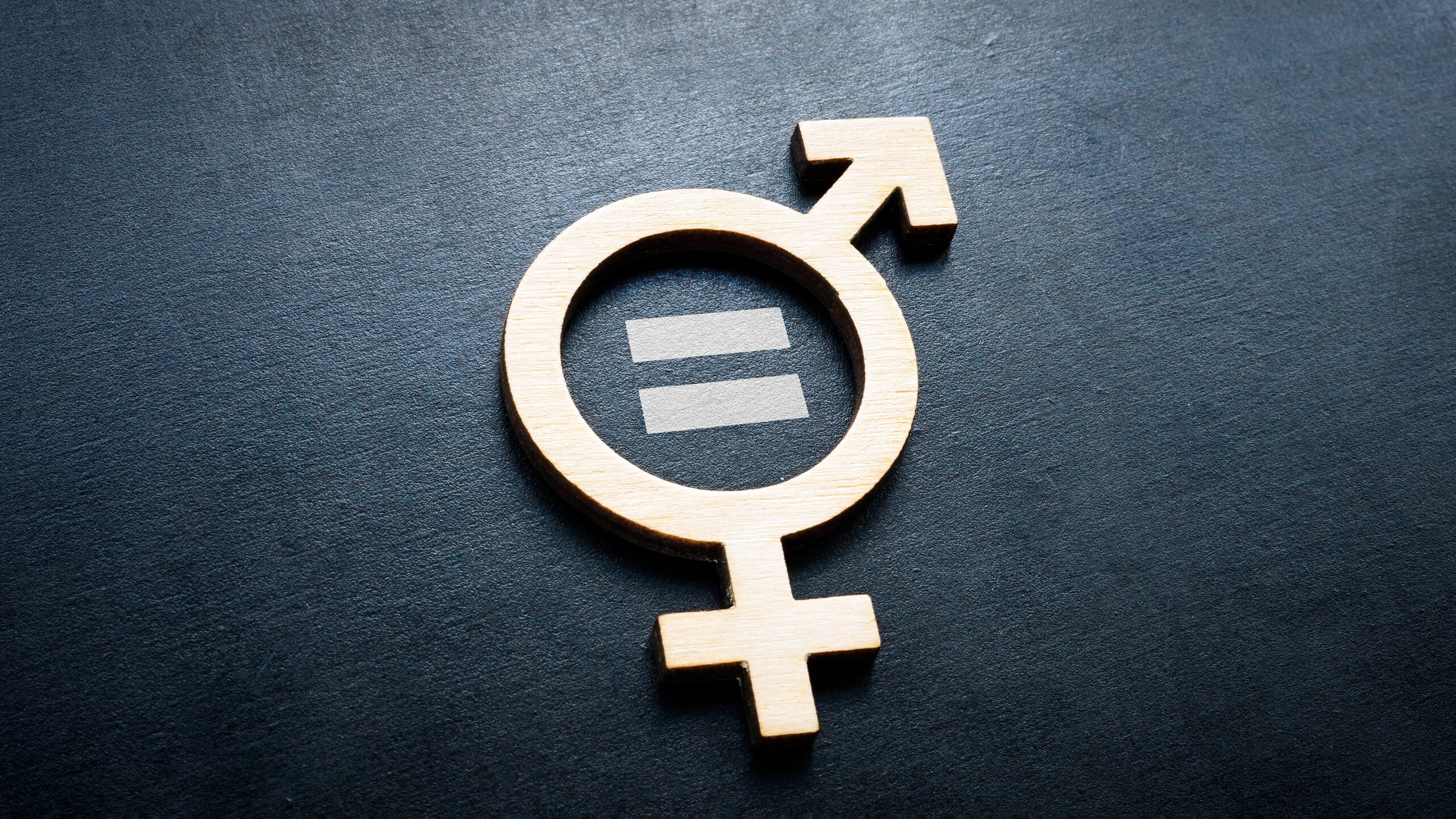Kelly Metcalf, head of DE&I and well-being at Fujitsu, considers women’s health and career advancement and says organisations could do better
Gender inequality in the workplace is a prevalent issue that continues to pose problems for women in all industries. Despite small steps forward over the past few decades, women face numerous barriers in the workplace and find themselves underrepresented and undervalued.
From the pay gap to limited career opportunities, gender disparities can manifest in a variety of ways. According to UK data, women earn 90p to every £1 earned by men, and the gap is even wider in certain sectors. To add to the matter, most UK women from minority ethnic backgrounds earn a fifth less than men.
Not only is gender pay having a significant impact on morale and financial prospects for women, at the same time, women are still denied opportunities, such as promotions or leadership roles and are frequently subjected to discrimination and bias in the workplace.
New initiatives need to be built into the bedrock of an organisation if we’re to stomp out gender disparity
At the current rate of progress, it will take 132 years to achieve global gender parity. And change won’t happen just by acknowledging that this is wrong. New initiatives need to be built into the bedrock of an organisation if we’re to stomp out gender disparity sooner.
The financial incentive
Research has shown that women who face discrimination and bias at work are at a higher risk of developing stress, anxiety and depression.
On the flip side, a gender diverse organisation is a financial force for good. One such study found that companies with gender-diverse management teams were 21% more likely to outperform their peers in profitability. This illustrates the clear financial benefits of addressing gender inequality in the workplace.
However, if organisations want to reap the benefits of addressing gender inequality, they need to do a lot more to ensure they offer a welcoming environment – both in a hybrid and physical capacity. Women in male-dominated industries such as technology are under-represented. Currently making up only 26% of the tech workforce, they face higher levels of discrimination in the IT sector. And it’s well document that women have experience of being held to different standards than their male counterparts. Women can be expected to conform to traditional gender roles, such as being nurturing and emotional, while men may be expected to be assertive and strong. As a result, women who exhibit assertive or aggressive behaviour may face backlash and be labelled as “difficult” or “unlikeable.
When these types of bias, both conscious and unconscious, are present it creates a hostile work environment that negatively impact the mental and emotional well-being of women. Moreover, gender inequality can cause women to feel dissatisfied and disengaged with their jobs, resulting in reduced productivity – a problem that the UK economy is already struggling with.
Addressing workplace gender inequality will have positive financial implications for businesses, as they retain talent and improve competitiveness, because greater diversity in thought leads to better adaptability to changing market conditions and a wider understanding of the whole market.
Fostering an inclusive environment
Fujitsu understands that diversity and inclusion is essential for creating more equitable business environments and is taking proactive steps to achieve it. The Women’s Business Network (WBN) is a key source of insight and influence to our inclusion strategy, providing a platform for women to connect, share experiences and learn from one another. In addition, network members provide valuable feedback about where the company needs to improve to be even more inclusive for women. To support women’s professional development, the WBN hosts a variety of events such as panel discussions, workshops, and networking opportunities. Fujitsu is also encouraging and assisting young female talent by implementing projects aimed at increasing the number of women in the STEM pipeline, from graduates to school children.
In addition to these initiatives, employees can help to make their workplace more inclusive. Education about inclusive behaviours, raising awareness of unconscious bias and discrimination, as well as reporting any instances of discrimination or harassment, are critical steps in mitigating their effects.
By fostering a diverse and inclusive workplace, Fujitsu is best placed to attract and retain top talent, but it is also contributing to a more equitable and just society. Employers must make a concerted effort to promote gender diversity at all levels of the organisation, as well as advancement and leadership development opportunities. Creating a workplace that values diversity and inclusion is not only the right thing to do, but it also gives you a competitive advantage in today’s global marketplace.
A call to action
The journey towards true corporate diversity requires a continuous effort to strive for equality while recognising and celebrating positive milestones. Female board representation in the FTSE 350 as a whole increased by nearly 3% in 2022, while female leadership roles below board level increased to 33.5%. However, there is still much work to be done to ensure equity for women and to embrace a more holistic approach to diversity.
To achieve this goal, organisations need to adopt a dynamic approach that promotes representation and inclusivity at all levels of the workforce. This requires a commitment to rallying against unacceptable pay gaps and promoting equal growth opportunities.
HR leaders can play a pivotal role here and need to have open conversations with stakeholders and regularly provide evidence about the business case for greater diversity and inclusion to motivate the wider business to commit to the necessary changes. Ultimately, it is the businesses that foster a culture of inclusivity, where all employees are supported and offered opportunities to grow, that will succeed in the long run.
Kelly Metcalf is head of diversity, equality, inclusion and well-being at Fujitsu




